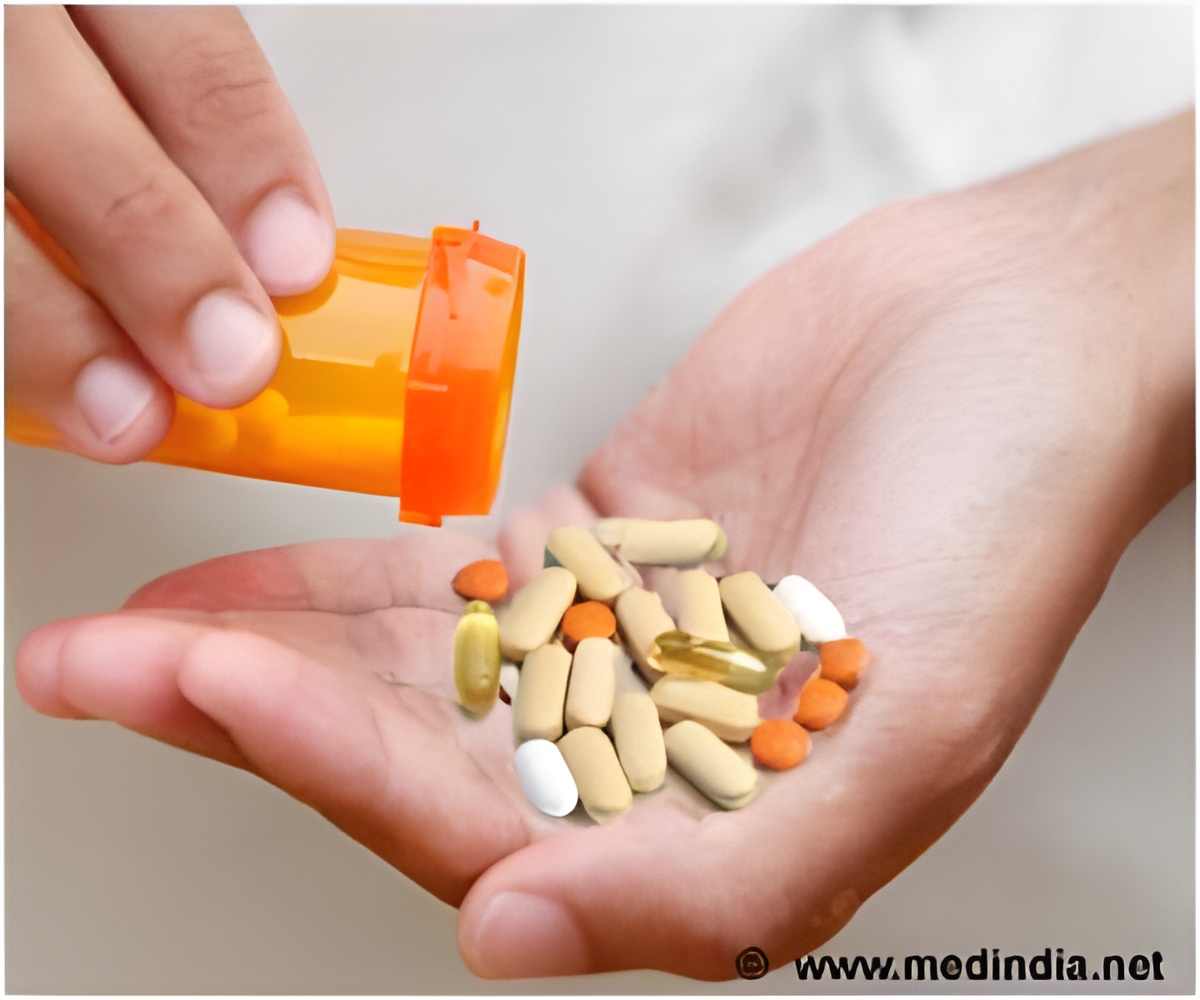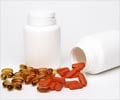Dietary supplements are known to have very specific side-effects including seizures, liver or kidney damage.

‘Dietary supplements including vitamins, probiotics and weight-loss aids must be proved safe by the FDA before sale as they are known to contain ingredients which may be harmful for health.’





Consumer Reports worked with independent doctors and dietary experts to identify 15 ingredients they say consumers should always avoid. They include caffeine powder found in some weight-loss supplements - like Kava, which claims to reduce anxiety and red yeast rice in supplements, which claims to reduce cholesterol. The Council for Responsible Nutrition -- which represents the supplement industry -- responded in a statement: "More than 150 million Americans take dietary supplements each year. Overwhelmingly, dietary supplements are safe and play a valuable role in helping Americans live healthy lifestyles."
Dr. Pieter Cohen, an assistant professor at Harvard Medical School, disagrees. "Consumers need to know that they cannot trust that anything sold as a supplement is what's actually listed on the label," Cohen said. "Nor that it works. Or that it's safe."
The FDA acknowledged its limited role in regulating the industry, saying "it's important to remind consumers, that just because you can buy supplements in stores doesn't mean the FDA has reviewed them for safety or efficacy."
Source-Medindia











